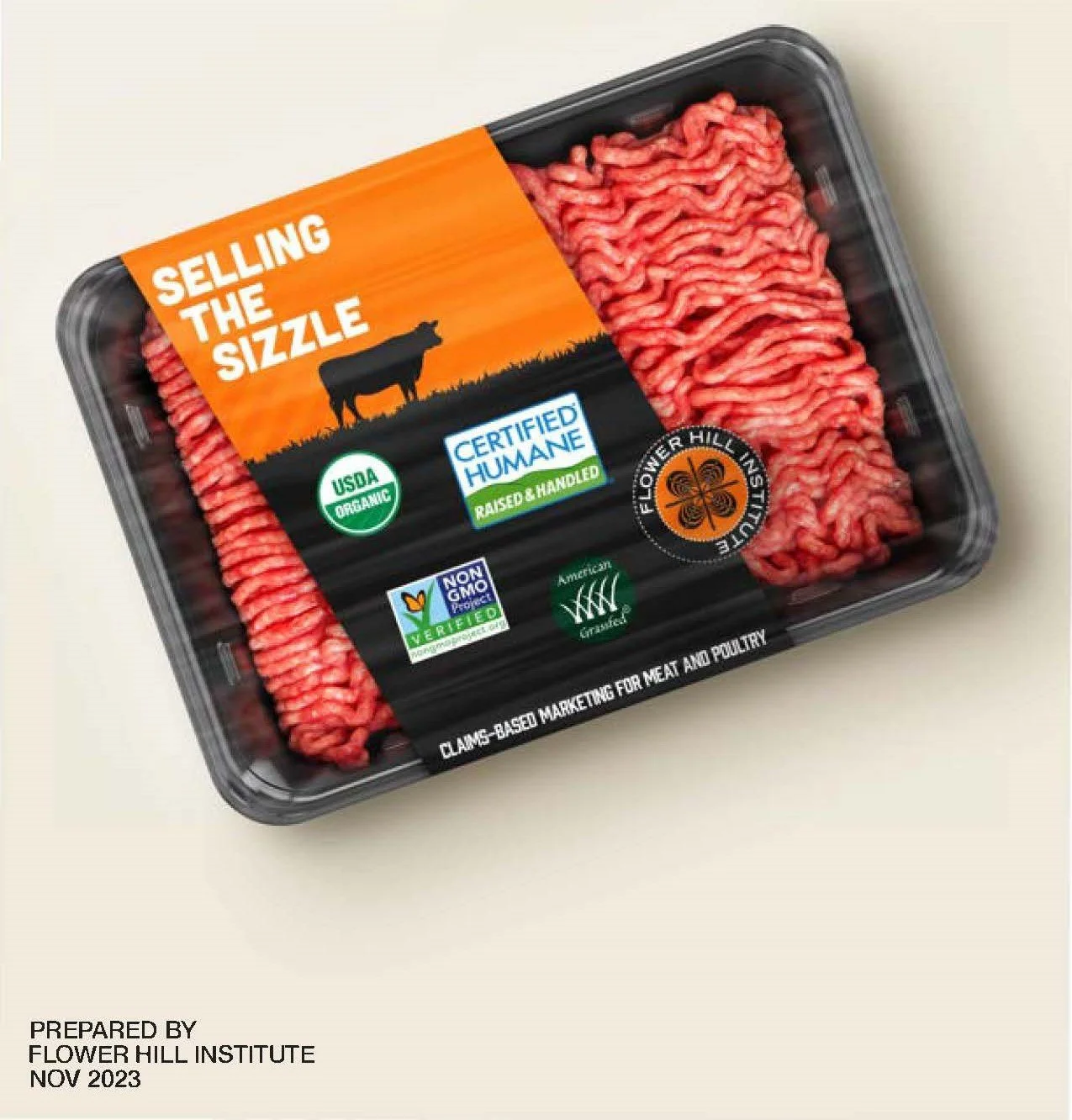The only thing certain for smaller meat and poultry processors is uncertainty.
As noted by Drs. Marty Matlock of the University of Arkansas and Darrell Peel of Oklahoma State University in a Flower Hill Institute online roundtable, processors are being buffeted by increasing equipment and construction costs, workforce uncertainty, extremely tight cattle supplies, and other factors.
Fortunately, growing consumer demand for quality animal protein provides certainty in marketing meat, poultry, and value-added products from smaller processors.
Only a few years ago, ranchers and processors worried that their industry could be doomed by consumers switching over to plant-based meat alternatives. Consumers took a bite of these fake meat products and didn’t like what they tasted. Then, they looked at the ingredient panel of the products and didn’t like what they saw.
In the spirit of a 40-year-old Wendy's ad, they asked, “Where’s the beef?”
According to one market analysis, the animal protein market is estimated at $2.1 billion and is expected to grow to $2.7 billion over the next five years. And the growth is not just in the U.S. market. Forbes Business Insights pegs the global animal protein market at $23.2 billion and forecasts growth to $31.24 billion by 2032.
For many shoppers in the U.S., it’s not about just any animal protein. The Power of Meat report released earlier this year noted, “Consumer engagement with claims-based meat reached an all-time high in 2025, both in household penetration and purchase frequency. One-third say they purchase meat and poultry with production claims, such as organic, grass-fed or no antibiotics ever, frequently or whenever possible. At the same time, the share who never or hardly ever purchase claims-based meat/poultry dropped to 27% from 34% last year.”
In January, Meatingplace magazine carried a story highlighting the surge in demand for certified organic meat, and the May edition of National Provisioner carried an article entitled “Discerning Consumers Drive Demand for Natural and Organic Products”.
Smaller processors will never compete with the Big Four in producing and marketing generic meat and poultry products. But small processors have a distinct edge in providing customers with products that are verified to be locally grown, humanely raised, grass-fed, organic, or otherwise differentiated.
Selling the Sizzle in the Flower Hill Institute MPPTA toolkit, provides an overview of the opportunities and options for processing and marketing claims-based products. Also, Flower Hill Regional Directors Chris Roper and Dave Carter will host online roundtables in the coming months featuring experts in the regulatory process and marketing opportunities for these products.



